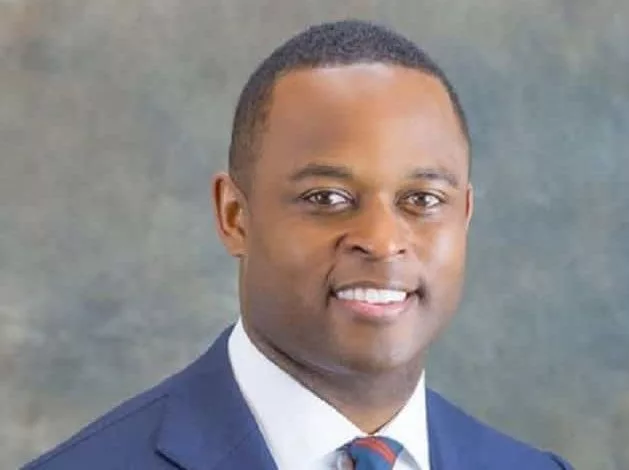
Kentucky Attorney General Daniel Cameron applauded the state House of Representatives’ efforts in passing the “born alive” bill.
Cameron said he is grateful to Representative Joe Fischer and House leadership for passing House Bill 2 out of committee that allows his office to act with clear legal authority when an abortion provider breaks the law.
Last year, the General Assembly passed a bill similar to HB 2, known as Senate Bill 9, that would have allowed Cameron’s office to seek civil and criminal penalties for abortion facilities’ violations of the law. Governor Beshear vetoed that bill in April.
Cameron’s spokesperson Elizabeth Kuhn told the News Edge these bills were combined.
She adds House Bill 2 will now be considered by the full House.
The current statute allows the Attorney General only to take action if the Cabinet for Health and Family Services secretary requests it.
Cameron said his job as the Chief Law Officer for the Commonwealth is to ensure abortion providers follow the law and are not given special treatment, as they were during the start of the pandemic.
Cameron said his job as the Chief Law Officer for the Commonwealth is to ensure abortion providers follow the law and are not given special treatment, as they were during the start of the pandemic.
SB 9 was read Tuesday morning; it could pass in the next week if it’s fast-tracked and legislators meet Saturday.
Below is a summary of the provisions included in SB 9.
- prohibits a person from denying or depriving a born-alive infant of nourishment with the intent to cause or allow the death of the infant
- prohibits the denial or deprivation of medically appropriate and reasonable medical care to an infant
- requires a physician performing an abortion to take all medically appropriate and reasonable steps to preserve the life and health of a born-alive infant
- provides that a born-alive infant shall be treated as a legal person under the laws of the Commonwealth
- prohibits any person from performing scientific research on a born-alive infant
- specifies that this section shall not be construed to prevent a born-alive infant’s parent or guardian from refusing medical care that is not medically appropriate or reasonable
- specifies that the parent or guardian of a born-alive infant shall not be held criminally or civilly liable for the actions of a physician or other healthcare provider that acted without consent
- provides for civil and administrative penalties for violations of this Act
Tuesday marked the first day of the 2021 Legislative Session in Frankfort. The Legislative Research Commission’s Keith West delivers a summary of the day’s proceedings.






